Our Collaborators
These are organizations[1] we’ve acknowledged in the 2i2c blog as part of our commitment to collaborative practices. Click each logo to see a list of impact posts from that collaborator.

Alfred P. Sloan Foundation
The Alfred P. Sloan Foundation is a philanthropic foundation that supports research and education in science, technology, engineering, mathematics, and economics. Grants from this funder # Executable Books Project: Grant funding to develop tools for building beautiful, publication-quality books and documents from computational content, including Jupyter Book and MyST Markdown
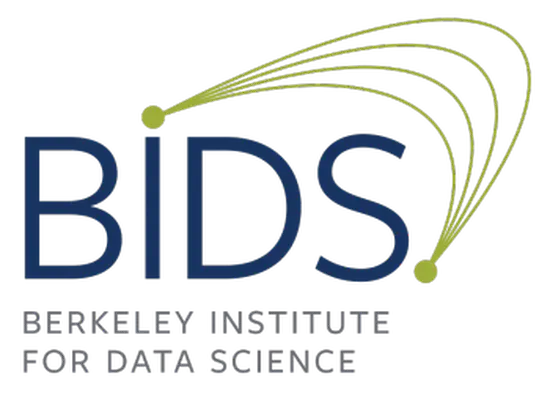
Berkeley Institute for Data Science
The Berkeley Institute for Data Science is a research institute at UC Berkeley that advances data science education, research, and open source development. BlueSky LinkedIn Newsletter

Chan Zuckerberg Initiative
The Chan Zuckerberg Initiative is a philanthropic organization that supports open source software development and scientific research to advance human health and education. BlueSky: @cziscience.bsky.social Grants from this funder # Core Support (2021): 2i2c receives core support from CZI - ~$1.
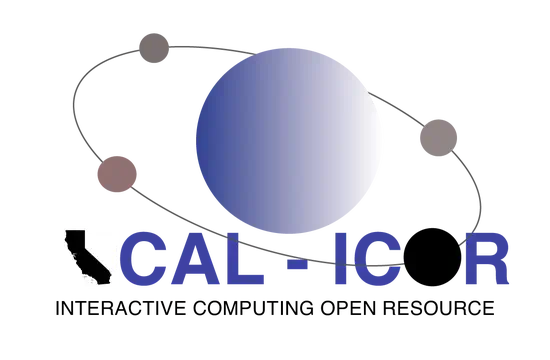
Cloudbank
CAL-ICOR is a “Browser-based Interactive Programming and Data Science Platform for Every California Student”. It gives educators and institutions a shared, scalable JupyterHub platform that removes hardware barriers, supports modern data science instruction, and expands access across the state.

Cloudbank
Cloudbank enables and provides “anaged Services to Simplify Cloud Access for Computer Science Research and Education”. In particular, the CloudBank Classroom project is driving a lot of collaboration with 2i2c via our shared work on JupyterHubs for education.
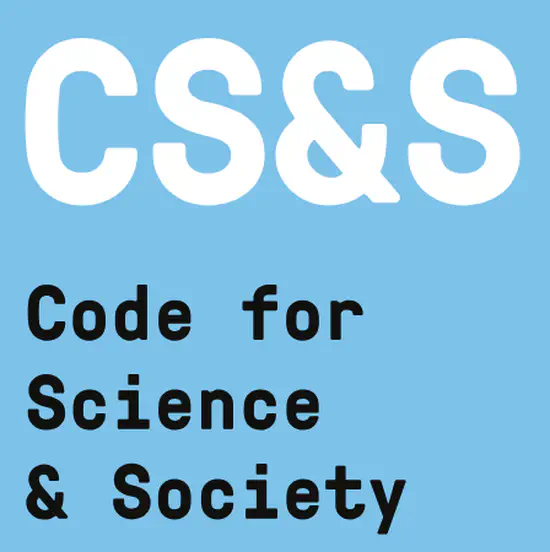
Code for Science and Society
Code for Science & Society is a nonprofit organization that serves as fiscal sponsor for open science projects and empowers communities to build innovative technology for the public good.
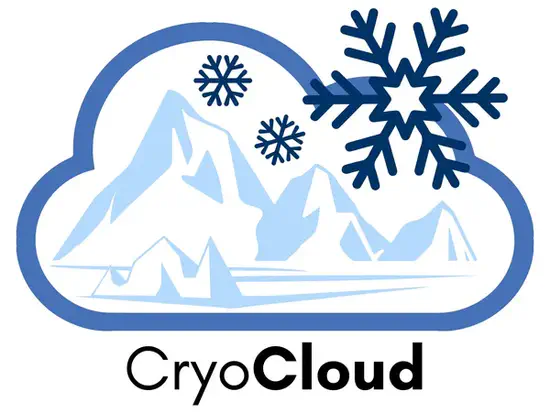
CryoCloud
CryoCloud is a collaborative cloud platform designed to accelerate discovery and enhance collaboration for NASA Cryosphere communities. CryoCloud provides cloud-based computational tools, shared resources, and educational materials to support researchers studying ice-related environments and climate systems.

Development Seed
Development Seed is a data and software engineering company that specializes in using satellite imagery, machine learning, and open data. LinkedIn

EarthScope Consortium
EarthScope Consortium is a university-based organization that supports transformative global geophysical research and education. They operate NSF’s GAGE and SAGE Facilities, providing geophysical instrumentation support, data services, and educational resources to the scientific community.

GeoJupyter
GeoJupyter is an open and collaborative community-driven effort to reimagine geospatial interactive computing experiences for education, research, and industry.
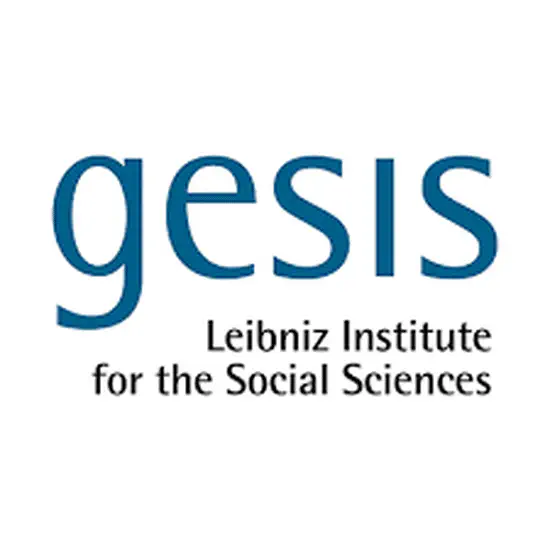
GESIS
GESIS - Leibniz Institute for the Social Sciences is a research infrastructure organization that provides data, tools, and services for the social sciences. They also work with CESSDA. Grants that fund this collaboration # In cooperation with NFDI4DS, (project number: 460234259)

Gordon and Betty Moore Foundation
The Gordon and Betty Moore Foundation is a private foundation that supports scientific discovery, environmental conservation, and patient care improvements. Grants from this funder # Pangeo Climate Data Lab (2020): $500,000 over two years for managing and developing cloud infrastructure for the Pangeo Project through Columbia University

Howard Hughes Medical Institute
The Howard Hughes Medical Institute is one of the nation’s largest private funding organizations for biological and medical research, investigating fundamental biological processes and supporting innovative research that transforms biomedical knowledge.

Invest in Open Infrastructure
Invest in Open Infrastructure helps funders and research institutions understand how to effectively support digital infrastructure, while JROST is a collaboration between funders committed to supporting open tools for science.

Jupyter Book
Jupyter Book is an open source project for building beautiful, publication-quality books and documents from computational material. It allows users to create interactive books from Jupyter notebooks, Markdown files, and other computational content, supporting rich formatting and cross-references.

JupyterHub
JupyterHub is a multi-user server that manages and spawns multiple instances of single-user Jupyter notebook servers. It enables organizations to provide managed Jupyter environments to groups of users, supporting authentication, resource management, and scalable deployment on cloud and on-premise infrastructure.

NASA VEDA
NASA VEDA (Visualization, Exploration, and Data Analysis) is NASA’s cloud-based data visualization and analysis platform that makes Earth science data more accessible and usable for researchers, policymakers, and the public.

NumFOCUS
NumFOCUS is a nonprofit organization that serves as a fiscal sponsor for open source scientific computing tools in Python, R, and Julia.
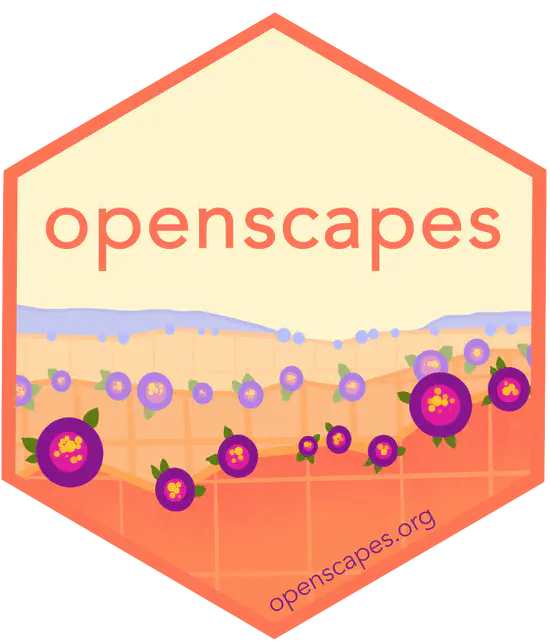
Openscapes
Openscapes is an approach and a movement that helps researchers and those supporting research find each other and feel empowered to conduct data-intensive science. They champion open practices in environmental and Earth science to help uncover data-driven solutions faster.

Pangeo
Pangeo is a community platform for Big Data geoscience. It promotes open, reproducible, and scalable science by building tools and infrastructure for working with large datasets in the geosciences, including support for climate data analysis on cloud platforms.

Project Jupyter
Project Jupyter is an open source project that develops interactive computing tools including Jupyter notebooks, JupyterLab, and JupyterHub. The project supports interactive data science and scientific computing across multiple programming languages, providing a foundation for reproducible research and education.
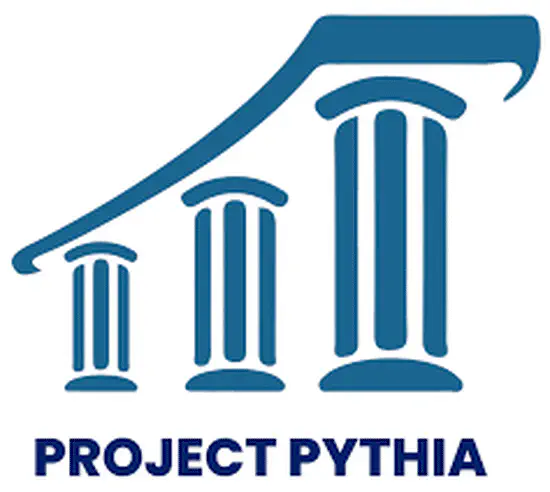
Project Pythia
Project Pythia is an educational initiative that provides open access training resources to help geoscientists learn cloud computing and open science tools. Grants that fund this project # NSF award 2324302

STRUDEL
STRUDEL is an open source project creating and stewarding resources to enable more usable scientific software experiences. It is housed at the Berkeley Institute for Data Science (BIDS) at the University of California, Berkeley.
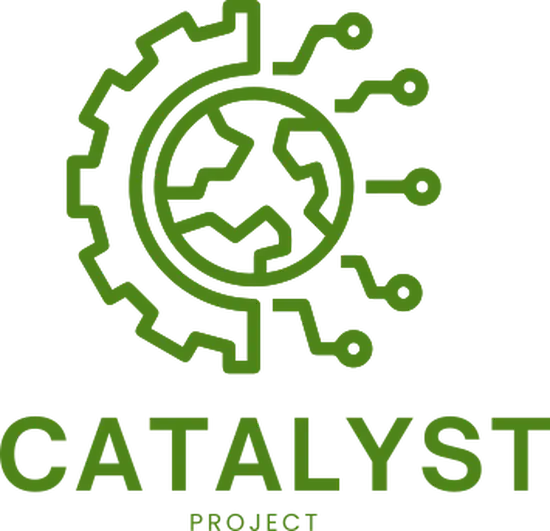
The Catalyst Project
The Catalyst Project is a collaborative initiative focused on advancing scientific computing and cloud infrastructure for research communities. They work to accelerate the adoption of cloud-native scientific computing tools and practices.
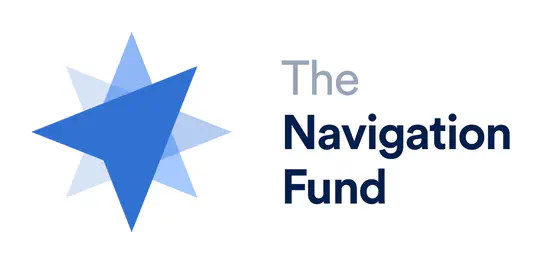
The Navigation Fund
The Navigation Fund focuses on supporting organizations that are building critical infrastructure for the future of research and education, particularly those working to create sustainable models for open source and open science initiatives.
How we define types of collaborators.
Members are part of our member network that contribute extra funding and time. These are for contirbutions beyond the Foundational impact that membership fees support.
Funders primarily have impact by funding initiatives that we benefit from. We include funders when they directly benefit 2i2c or a project on which we collaborate, but not every funder for every member and collaborator that supports us.
Collaborators are non-members we collaborate with for shared impact. These are often themselves made up of many organizations and individuals working together. In general, we try to highlight multi-stakeholder collaborations rather than the individual organizations within them.